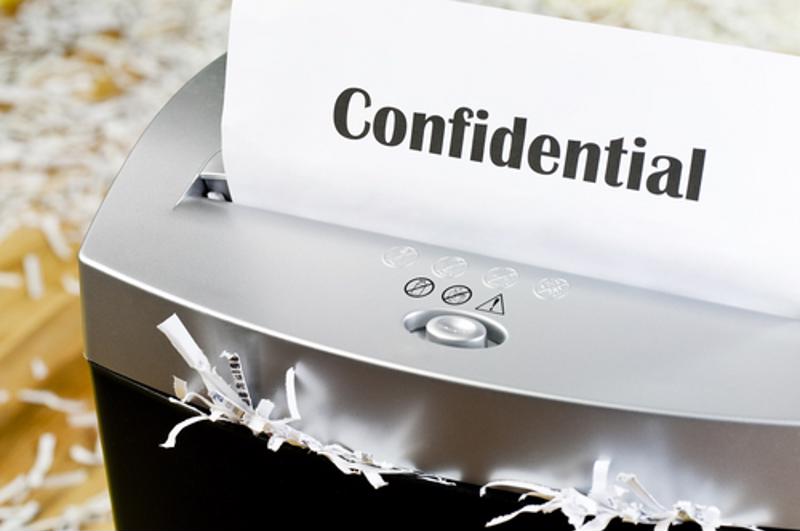As a security provider, your customers’ safety is a priority. Your services should protect consumer homes and businesses and your office procedures should keep customer information under lock and key.
Data breaches and identify theft are ever present in the news, and modern customers are very careful about who they give their financial and personal data to. Here are seven strategies to turn your company into a partner they can trust:
“Customers should decide how their information is distributed.”
1. Give customers options to make them comfortable
Customers should be able to decide how their information is distributed. Some people are afraid to leave a paper trail, others don’t want to send vital data online.
To accommodate as many consumers as possible, you have to be ready to accept paper checks, cash or credit cards. Sales agents should have materials about payment processing. You also have to communicate how the information will be used, what consumers should see on monthly bills and measures taken for their security.
You should build a payment and communication plan with your customer and use back office technology to enforce commitment to promises. Security billing software turns monthly payments into routine procedures free from variations.
2. Know where information is at all times
Once a customer provides your company with the information needed to create a business relationship, numerous members of your team will use the data to deliver service. You have to keep a close eye on the information and track storage locations and access.
Physical documents that contain vital customer details should be kept behind locked doors. You want to prevent needless copying of physical materials. Digital solutions prevent data from being lost or forgotten. Automated alarm billing software eliminates superfluous activities. A centralized software system displays who opened which documents and when.
Keep in mind, sensitive information doesn’t just mean credit card numbers and checking account details. Credit.com said identify thieves can make use of social security numbers, billing addresses, phone numbers and birthdates. You have to track all of the intelligence customers entrust with you.
 Your business should shred obsolete documents that contain customer details.
Your business should shred obsolete documents that contain customer details.3. Secure physical space
You should always protect your business location from thieves. You can use smart keys, security cameras or visitor logs to restrict physical access.
Documents can’t be left out in the open. This might seem like common advice, but do your employees leave information open on their screens or stick post-it notes with passwords on their desks? Smart Business Computing suggested making privacy a part of company culture. Your daily activities should prioritize habits that secure customer details.
You also have to watch what you throw away. Criminals often dig through trash to find sensitive customer information. You should shred old documents before you throw them out. You want to prevent workers from jotting down consumer numbers on random pieces of paper.
4. Secure digital space
Even if your small business is not technically inclined, there are numerous steps you can take to protect digital customer information. You want to change passwords frequently and enforce different validation routines to access each system.
You should use a closed network in your office. If your workers have laptops or use mobile devices, Smart Business Computing warned small businesses to never use public wi-fi hotspots. Employees can download secure apps for mobile devices, but workers have to be careful what programs they download while operating on the business network. You have to encrypt the data you store or send online.
If this seems like too much, you can partner with software consultants to provide increased security. Despite what the recent news might have you believe, InformationWeek said cloud-deployed options are a great choice for small businesses that don’t have their own digital security resources.
5. Prepare for breaches
You have to be ready for the worst. The U.S. Small Business Administration encouraged companies to prepare a plan for what to do when someone steals customer information. As soon as you detect theft, you have to change passwords, check the network, disconnect affected computers from the Internet and call the proper people.
In the event of a data breach, you must contact the police, credit bureaus, banks and any customer who may potentially suffer. Consumers need a chance to close credit cards and watch their accounts for signs of trouble. You have to share your financial information with the authorities to look for signs of fraudulent behavior.
